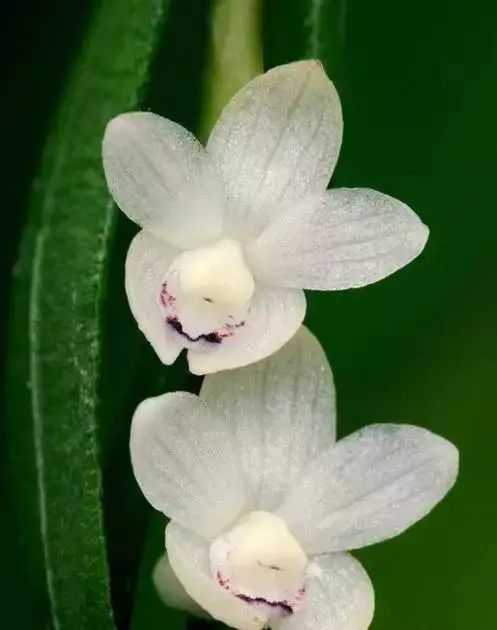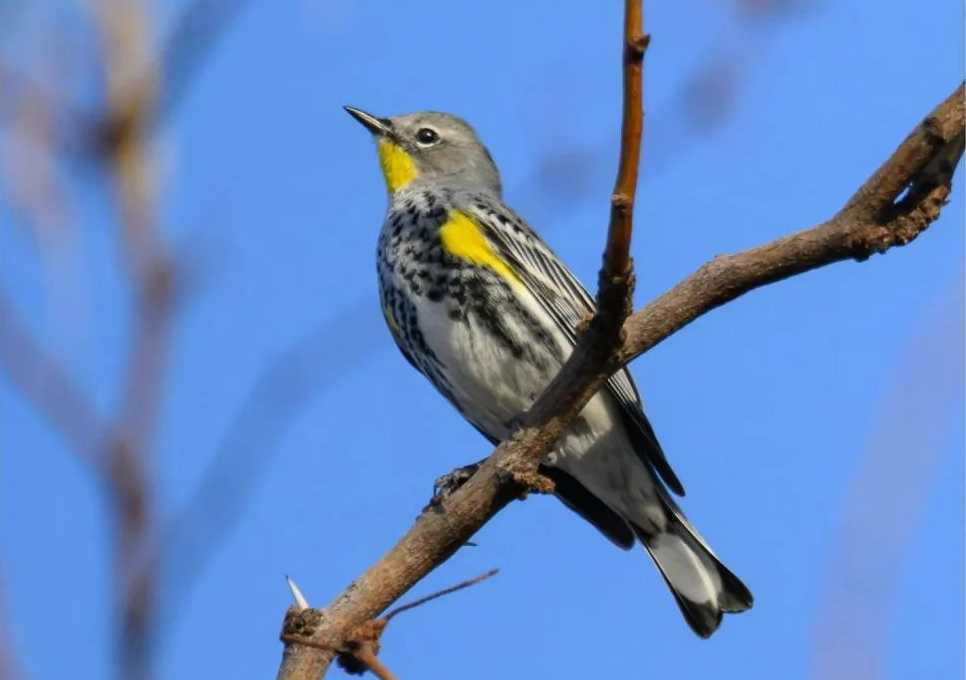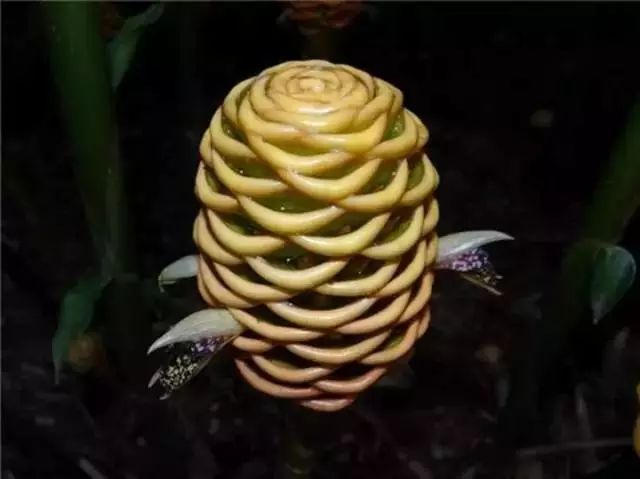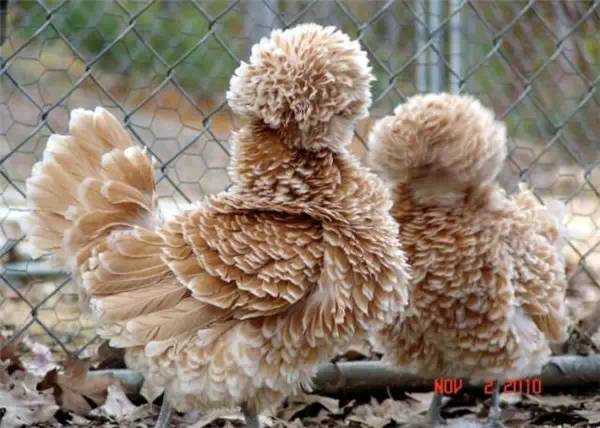Search for information
The Enchanting Prostrate Dendrobium: A Botanical Jewel of OrchidaceaeThe Prostrate Dendrobium (Dendrobium tortile), a captivating orchid species native to Southeast Asia and southern China, has long fascinated botanists and horticulturists with its unique growth habit and resplendent blooms. This epiphytic orchid thrives in tropical and subtropical forests, clinging to tree trunks or rocky cliffs in search of filtered sunlight and humid air.
June 16, 2025, 4:51 pm EDT
The Enchanting Prostrate Dendrobium: A Botanical Jewel of Orchidaceae

A Masterpiece of Form and Adaptation
Ecological Significance and Cultivation

Intriguing Photos of an Amateur Model in Foreign Beauty Lifestyle Photos Issue 127
"Foreign Beauty Lifestyle Photos Issue 127" features a series of captivating pictures of an amateur model. These photos offer a unique perspective into the model's life, capturing her in various casual and natural settings.more

Mercedes - AMG CLK63 Black Series: The V8 - Powered Challenger That Redefined Performance
When Mercedes - AMG developed the CLK63 Black Series, the Porsche 911 GT3 reigned as the king of its segment. To dethrone the GT3, AMG engineered a brute - force contender, arming the CLK63 with a 6.2 - liter naturally aspirated V8 producing 500 horsepower—paired with a seven - speed automatic transmission. The result? A 0 - 60 mph sprint in 4.2 seconds and a top speed nearing 186 mph (300 km/h), making it a worthy adversary to the GT3’s precision - tuned prowess.more

The Enchanting Audubon's Warbler: A Western North American Wonder
The Audubon's Warbler (Setophaga auduboni) is a captivating small bird that has long intrigued birdwatchers across Western North America. Once considered a distinct species, it's now classified as a subspecies of the Yellow - Rumped Warbler due to hybridization findings.more

Stunning Honeycomb Ginger: A Tropical Botanical Gem
The Honeycomb Ginger, scientifically named Zingiber spectabile, is a captivating plant native to the tropical rainforests of Southeast Asia, particularly Thailand, Malaysia, and Indonesia. Revered for its unique appearance and vibrant colors, it stands out as one of the most remarkable members of the Zingiberaceae family.more

The United States: Dominating the Nobel Prize Landscape
As the world’s sole remaining superpower, the United States has long reigned supreme on the global stage of scientific achievement, and its unparalleled success at the Nobel Prize ceremonies stands as a testament to its dominance. With a staggering 409 Nobel laureates to date, the U.S. accounts for nearly 40% of all global award recipients, firmly establishing itself as the uncontested leader in the pursuit of Nobel - worthy research.more

Hyundai Palisade: Elevating Luxury and Safety in 2023
The Hyundai Palisade continues to reign as one of the market’s top three - row SUVs, and the 2023 model raises the bar further with refined styling and enhanced tech. Its bold new cascading grille takes center stage, replacing the previous horizontal slats with a layered, diamond - pattern design that adds a modern edge while maintaining its commanding presence. This visual upgrade, complemented by revised LED headlights and taillights, cements the Palisade’s status as a premium family hauler.more

The Silkie Chicken: A Regal Ornamental Fowl with Luxurious Plumage
Native to China and Southeast Asia, the Silkie chicken, often called the "贵妇鸡" (noble chicken) in Chinese, has captivated poultry enthusiasts for centuries with its distinctive appearance: fluffy, silk - like feathers, a black - skinned body, and a regal demeanor. This ancient breed, prized for its ornamental value and gentle temperament, stands out as one of the most unique domestic fowls worldwide.more

'Number 17' Starring Robert Pattinson Achieves an 85% Freshness Rating on Rotten Tomatoes
The film Number 17, starring Robert Pattinson, has currently secured an 85% freshness rating on the Rotten Tomatoes platform.more

